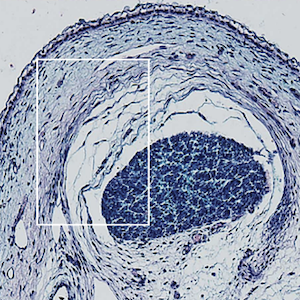Association of positive psychological variables with disease activity, functional disability and erythrocyte sedimentation rate in patients with rheumatoid arthritis: a preliminary study

All claims expressed in this article are solely those of the authors and do not necessarily represent those of their affiliated organizations, or those of the publisher, the editors and the reviewers. Any product that may be evaluated in this article or claim that may be made by its manufacturer is not guaranteed or endorsed by the publisher.
Accepted: 20 December 2022
Authors
Rheumatoid arthritis (RA) is a chronic autoimmune disease which has shown positive correlations between negative psychological variables and disease activity in transversal studies and in the follow-up. However, the association of positive psychological variables with disease parameters including disease activity (DAS-28), functional disability (HAQ) and erythrocyte sedimentation rate (ESR) has not been investigated. Patients with RA attending the external consultation of a third level hospital were invited to participate and fill in a questionnaire with personal, disease and psychological variables; body mass index was also obtained as well as ESR. A total of 49 patients were included. The three dependent variables correlated among them, with the highest correlation for DAS-28 and HAQ (r=0.645, p<0.01), followed by somatization and HAQ (r=0.614, p<0.01) or DAS-28 (r=0.537, P<0.01). In addition, HAQ showed negative correlations with environmental mastery (r=- 0.366, p<0.01), personal growth (r=-0.292, p<0.05) and monthly extra money (r=-0.328, p<0.05), and borderline negative correlations with emotion perception (r=-0.279, p=0.053) and self-acceptance (r=-0.250, p=0.08). ESR showed a significant negative correlation with emotion perception (r=-0.475, p<0.01). In conclusion, we observed important correlations of positive psychological variables with disease activity, functional disability and ESR that could be addressed in order to prevent or treat these disease features.
How to Cite

This work is licensed under a Creative Commons Attribution-NonCommercial 4.0 International License.











